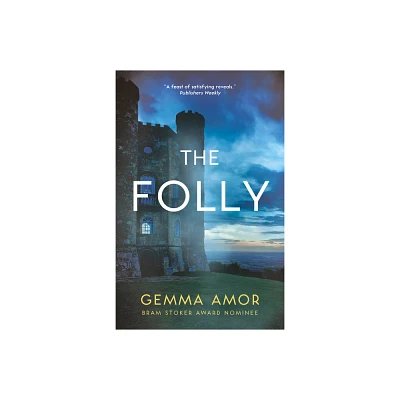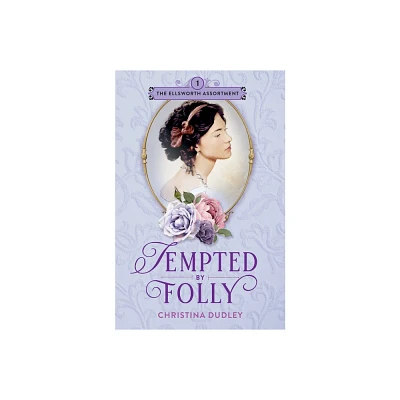Home
The Folly of Desire
Loading Inventory...
Barnes and Noble
The Folly of Desire
Current price: $19.99


Barnes and Noble
The Folly of Desire
Current price: $19.99
Loading Inventory...
Size: OS
*Product Information may vary - to confirm product availability, pricing, and additional information please contact Barnes and Noble
Jazz aficionados seeing the name of pianist
Brad Mehldau
on this
PentaTone
release may conclude that tenor
Ian Bostridge
, an increasingly genre-crossing figure late in his career, decided to make a jazz album, but it is not really so.
The Folly of Desire
is an art song cycle, not a group of jazz songs, and
Mehldau
introduces jazz elements only in the popular songs that have served the pair as encores in live performance. As a song cycle,
is pretty ambitious, with texts ranging from
Blake
and
Shakespeare
to
e.e. cummings
and going from romantic to pretty raunchy as they proceed (sample
cummings
' "the boys i mean are not refined"). Although the cycle is not jazz,
's jazz background shows itself in two ways: the extended harmonies are sometimes similar to what a modern jazz musician such as
might play in improvisations, and
as an accompanist pulls against
Bostridge
rather than discreetly backing him. This is undeniably an intriguing combination, although
doesn't always seem comfortable with what is happening. Listeners may have their own objections to the music here, but it bespeaks a commendable curiosity from both musicians. ~ James Manheim
Brad Mehldau
on this
PentaTone
release may conclude that tenor
Ian Bostridge
, an increasingly genre-crossing figure late in his career, decided to make a jazz album, but it is not really so.
The Folly of Desire
is an art song cycle, not a group of jazz songs, and
Mehldau
introduces jazz elements only in the popular songs that have served the pair as encores in live performance. As a song cycle,
is pretty ambitious, with texts ranging from
Blake
and
Shakespeare
to
e.e. cummings
and going from romantic to pretty raunchy as they proceed (sample
cummings
' "the boys i mean are not refined"). Although the cycle is not jazz,
's jazz background shows itself in two ways: the extended harmonies are sometimes similar to what a modern jazz musician such as
might play in improvisations, and
as an accompanist pulls against
Bostridge
rather than discreetly backing him. This is undeniably an intriguing combination, although
doesn't always seem comfortable with what is happening. Listeners may have their own objections to the music here, but it bespeaks a commendable curiosity from both musicians. ~ James Manheim


















